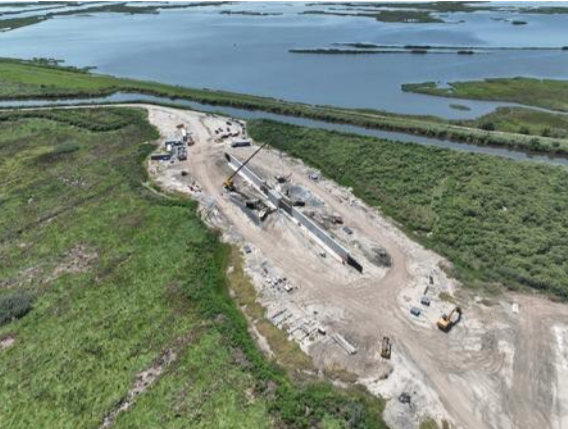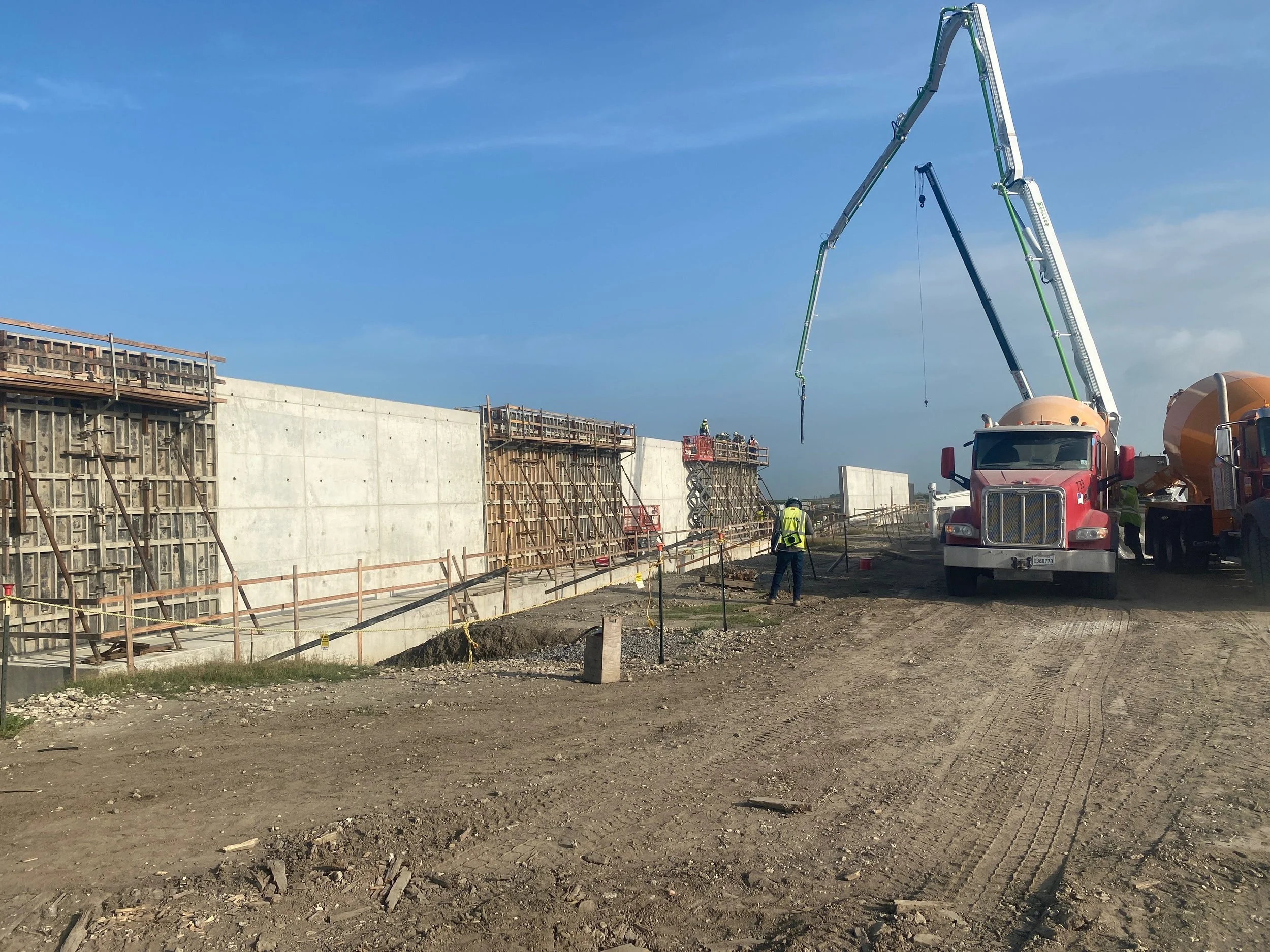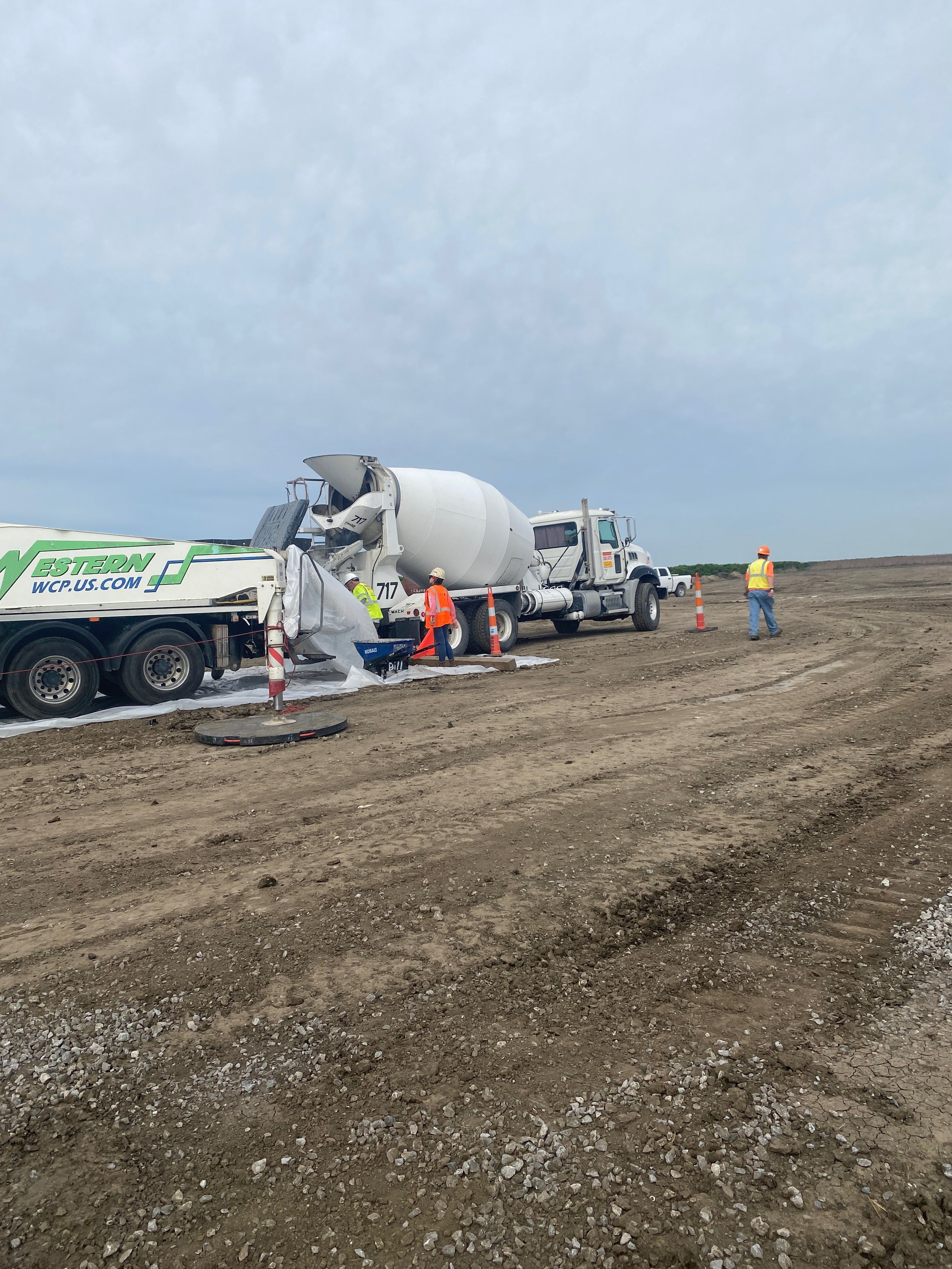Minority-owned contractors have access to valuable government contracting opportunities through specific federal certification programs. Chief among these is the SBA’s 8(a) Business Development Program, which is the primary certification required to compete for many minority-focused federal contracts.
8(a) contracts are widely regarded as some of the most attainable government contracts for small businesses. Competition is significantly reduced because only a relatively small number of firms nationwide—fewer than 10,000 in recent years—hold active 8(a) certification. In addition, many 8(a) contracts are awarded as sole-source or set-asidecontracts, meaning they are available exclusively to 8(a)-certified businesses.
While race is a common basis for eligibility, it is not the only qualifying factor. The program is open to individuals who can demonstrate social and economic disadvantage, which may include—but is not limited to—race, gender, physical or mental disability, or other circumstances that have limited access to capital or opportunity.
Set-Aside Contracts for Minority-Owned Businesses
Federal law mandates that at least 23% of all federal contracting dollars be awarded to small businesses. Of that total, approximately 5% is targeted for businesses participating in the 8(a) program, making these contracts one of the most accessible segments of federal procurement.
Because only 8(a)-certified firms are eligible to compete for these set-aside and sole-source opportunities, the competitive landscape is dramatically narrower. Instead of competing against tens of thousands of businesses, certified firms are bidding within a much smaller pool. Completing your 8(a) certification allows your business to become one of the few rather than one of the many—and positions you to stand out in a crowded marketplace.
At first glance, 5% may not sound substantial. However, when viewed in the context of overall federal spending, the opportunity is significant. In 2022, the federal government awarded approximately $152.2 billion in contracts to small businesses. Five percent of that total represents roughly $7.6 billion allocated specifically to 8(a) participants.
When divided across an estimated 10,000 eligible 8(a) firms nationwide, that equates to an average of more than $750,000 per business annually. For many small contractors, that level of revenue can be transformative.
The SBA 8(a) Business Development Program
The 8(a) Business Development Program was established under the U.S. Small Business Act and is administered by the Small Business Administration (SBA). Its purpose is to help disadvantaged small businesses compete in the federal marketplace and achieve long-term growth.
In addition to contract access, the program provides:
Sole-source contracting opportunities
Competitive 8(a) set-aside contracts
Mentorship through SBA-approved mentor–protégé relationships
Business development assistance and training
Guidance during the federal bidding and procurement process
The program is structured to help participating firms build experience, capacity, and credibility over time, ultimately enabling them to compete beyond the 8(a) program once they graduate.
Eligibility Requirements
To qualify for the 8(a) Business Development Program, applicants must meet several requirements established by the SBA. These requirements are subject to change, but generally include:
The business must meet the SBA’s definition of a small business for its industry
The company must be at least 51% owned and controlled by one or more socially and economically disadvantaged individuals
The disadvantaged owner(s) must manage daily business operations and make long-term decisions
The business must demonstrate good character
The firm must show potential for success, typically evidenced by at least two years of business operations (with limited exceptions)
Social Disadvantage and Minority-Owned Contractors
The SBA presumes social disadvantage for individuals who are members of certain racial and ethnic groups, including:
For minority-owned contractors within these groups, access to federal contracting opportunities is significantly expanded through the 8(a) program, including contracts that are specifically set aside for eligible firms.
However, individuals who are not members of these racial groups may still qualify. The SBA allows applicants to establish social disadvantage on a case-by-case basis. Other qualifying factors may include:
In all cases, applicants must demonstrate economic disadvantage, typically shown through limited access to capital, credit, or other financial resources compared to others in the same industry.
Conclusion
For minority-owned and disadvantaged contractors, the SBA 8(a) Business Development Program represents one of the most powerful pathways into federal contracting. With reduced competition, access to set-aside and sole-source contracts, and built-in business development support, the program offers a meaningful opportunity to scale revenue, gain federal experience, and build long-term stability.
For small businesses seeking to enter or expand within the government marketplace, 8(a) certification can be a strategic advantage worth pursuing.





























